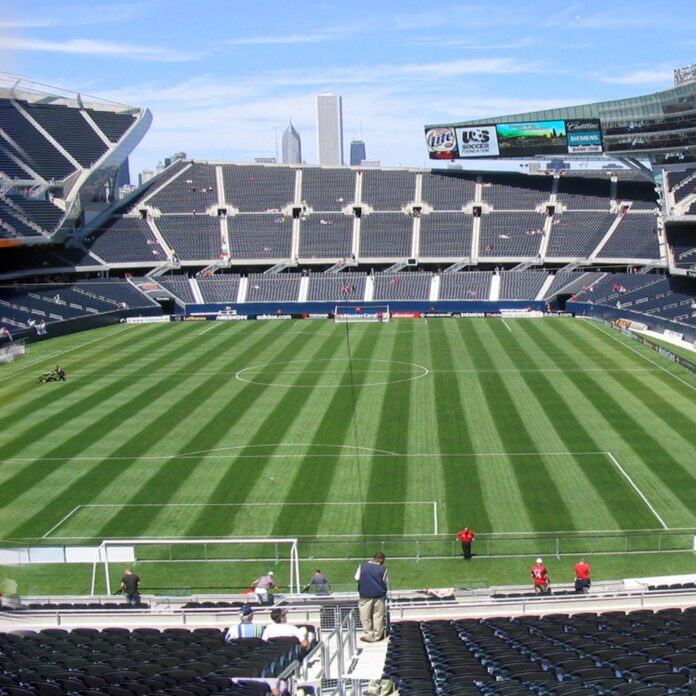Los Angeles, Calif.-based Boingo Wireless is commonly associated with airport Wi-Fi, which it has been providing since 2001. And that’s OK, CEO David Hagan said on a recent episode of the NPR podcast “Corner Office.” But, as recently released Q2 2017 financial reports remind, Boingo is about a lot more than airport Wi-Fi.
Based on the financial statements, the company generated total revenue of $49 million, up more than 25% compared to the same quarter in 2016. Of that revenue, distributed antenna system (DAS) income hit $18.6 million, up 33.5% year-over-year. Broken down, DAS revenue was $13 million from built-out projects and $5.6 million of “access fee revenue.”
Wholesale Wi-Fi revenue came in at $7.3 million, up 40.2% from Q2 2016. Another major growth driver was income derived from connectivity systems on military bases, which totaled $13.5 million, up more than 39% compared to Q2 2016.
NPR Marketplace host Kai Ryssdal toured Boingo’s L.A. facility with Hagan, and asked about the airpot Wi-Fi stigma. “People know us as a brand from the airport experience,” Hagan said. “Most people know us as that. We went from that strength, then went into lots of different types of venues,” including transit hubs, stadiums and similar high-traffic hubs. “We’re in the veneu business,” the CEO said, citing installations at Soldier Field in Chicago, Ill., and the World Trade Center in New York City, N.Y.
According to Boingo, the company signed 14 new DAS venue, bringing its footprint to 20,300 nodes “with another 11,000 nodes in backlog.” To the military piece, the company provides Wi-Fi and IPTV to 324,000 beds on 60 military installations.

